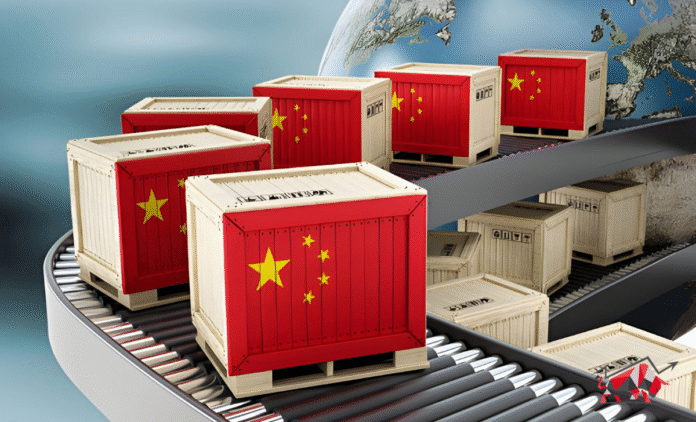China has announced plans to accelerate the approval of rare earth export licences for select European companies amid mounting pressure from their industries. The move follows Europe’s warnings that new licence rules implemented in April could trigger production shutdowns in critical sectors.
What’s Happening?
China introduces “green channel” for licences
- China’s Ministry of Commerce said on June 7 it will set up a “green channel” to fast-track licence applications for qualified European companies.
- No timeline or details were provided on which firms will benefit or how fast the process will be.
Delays remain a concern
- European executives report significant backlogs remain: one anonymous source warned that “manufacturers might still face delays … given the ‘huge backlog’ of licence applications”.
- The European Chamber’s president, Jens Eskelund, noted that despite some approvals, many members “are still struggling” with delays and opaque processes.
Strategic leverage in play
- China controls 60–92 % of global rare earth mining and refinement. New export rules are seen as tools to exert pressure amid broader trade tensions.
- Analysts note China could apply similar licence barriers to other strategic minerals (e.g. titanium, magnesium) if disputes escalate.
Diplomatic Momentum
Paris discussions accelerate action
- The announcement followed a meeting on June 3 in Paris between China’s Commerce Minister Wang Wentao and EU Commissioner Maroš Šefčovič, who raised concerns over the rare earth delays.
- Wang urged the EU to reciprocate by easing trade in high-tech goods to China.
Wider negotiation context
- This initiative ties into other negotiations:
- Talks on Chinese electric vehicles in the EU are nearing agreement on minimum pricing.
- China will release its determinations on EU brandy imports (targeting French cognac) by July 5.
- Talks on Chinese electric vehicles in the EU are nearing agreement on minimum pricing.
- A high‑level US‑China trade dialogue is scheduled for June 9 in London, with hopes this rare earth issue may reduce broader tensions.
Supply Chain Impact
Factory operations at stake
- Europe’s automotive, appliance, and tech sectors rely heavily on rare earths and magnets. Slowed shipments have put production at risk.
- A small licensing team within China’s Ministry of Commerce manages all applications, creating a bottleneck even after doubling staff from 30 to 60.
Global ripple effects
- Other countries like Japan, South Korea, and the US have also engaged in urgent talks with Beijing over rare earth flows .
- Some firms are stockpiling materials or seeking alternative supply chains to reduce dependence on China .
The Way Forward
China’s offer to fast-track rare earth licences reflects more than flexibility — it’s calculated diplomacy. These rare earth metals are vital for semiconductors, EVs, defence tech. By positioning itself as indispensable, Beijing gains leverage in simultaneous negotiations with Europe and the US.
In the short term, Europe’s call for a “green channel” may ease immediate supply shocks. But the opacity of Chinese licence decisions means risk remains. Industries still face uncertainty as production timelines stretch and inventory buffers are drawn down.
Strategically, China’s tactics reveal a deeper play: export controls are being weaponised in non‑tariff warfare. While existing talks on EV tariffs and cognac duties signal progress, both Brussels and Washington must recognise that China’s supply-chain control offers a recurring bargaining chip.
Ultimately, this episode highlights how critical raw materials are reshaping global trade power dynamics. Europe and its allies now face a choice: double down on stockpiles and diversify supply, or risk repeated supply-side leverage tied to geopolitical shifts. The rare earth rush is no side-show — it’s becoming the centrepiece of the next trade era.
This report is based on coverage from the Financial Times.


